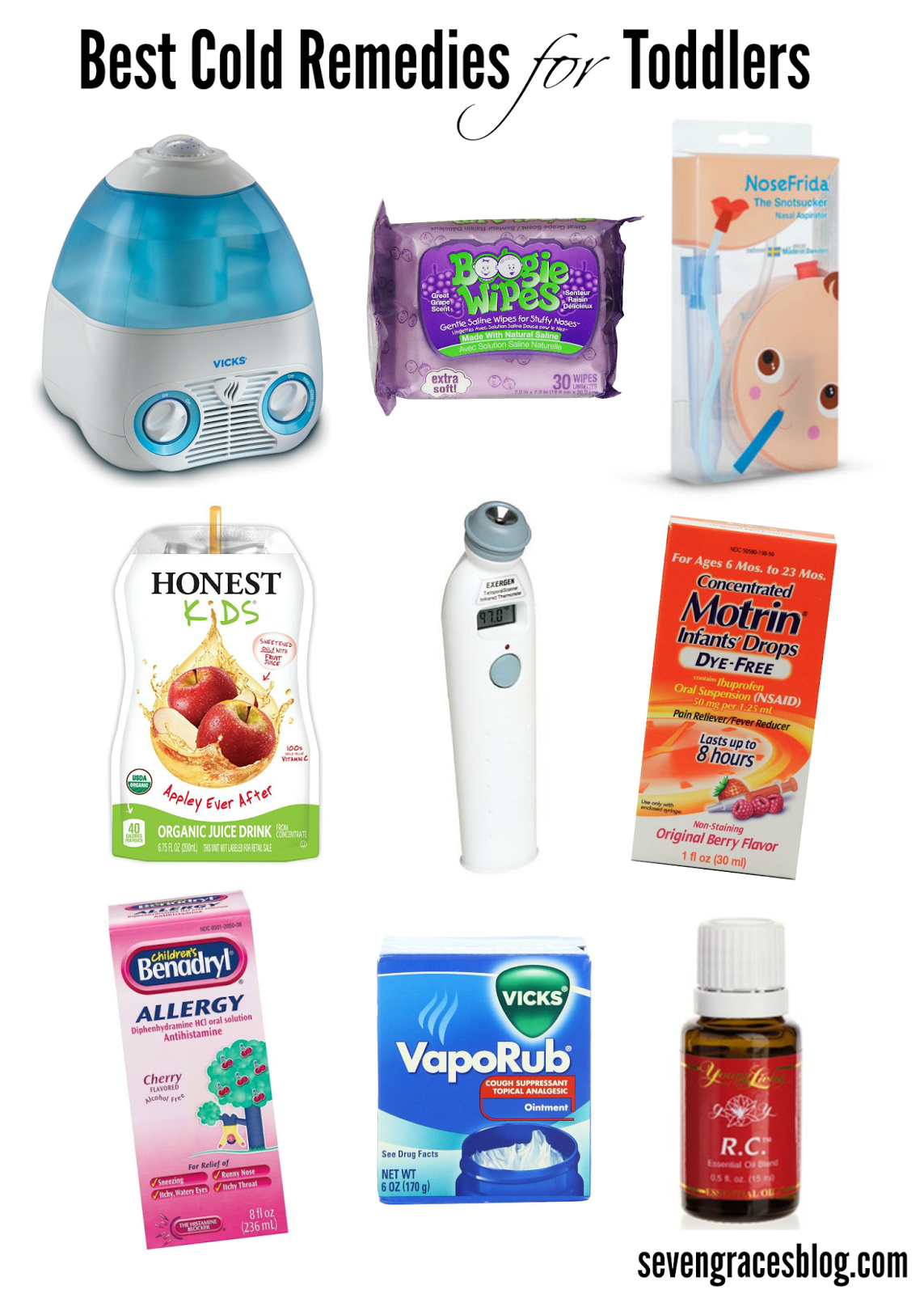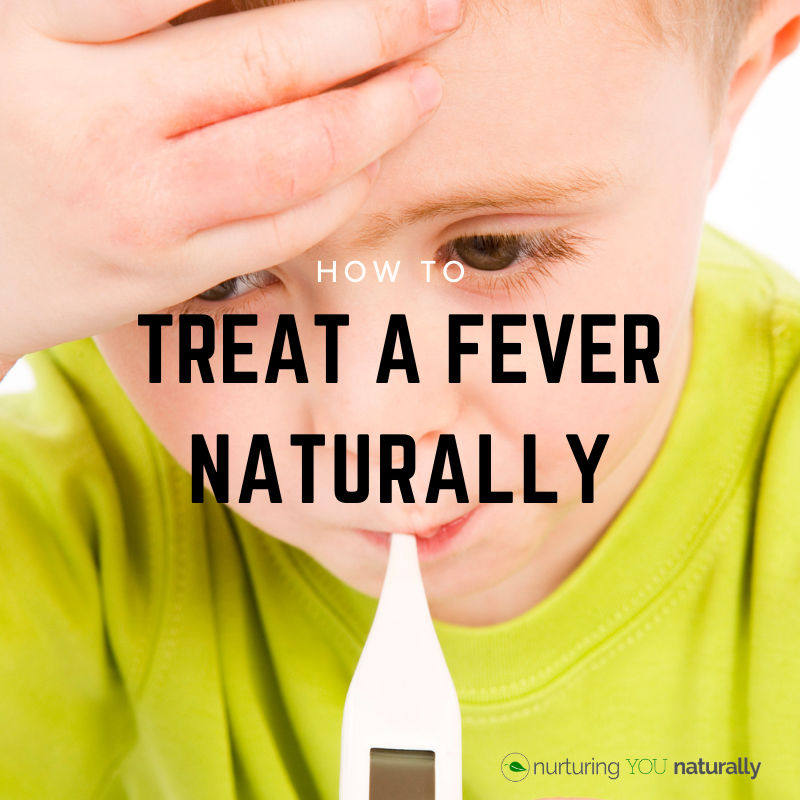Exemplary Tips About How To Treat A Toddler With Fever

They can get some nausea, vomiting and even diarrhea, dr.
How to treat a toddler with a fever. A mild fever that lasts up to five days is ok for most kids. It is a symptom, or sign, that your body is fighting an illness or infection. Prolonged fever can lead to dehydration.
Key facts fever is common in children. You may be able to reduce a fever in a baby more than 3 months old with remedies like a lukewarm bath or dressing them in lightweight clothing. Above 102 f (38.9 c) taken orally.
Can be treated with medication, but it is not required. Offer plenty of fluids to drink. The aap recommends you use a digital thermometer to be more certain.
What not to do if your child has a fever do not use aspirin to treat your child's fever or discomfort. Giving a child with a viral infection, an antibiotic, does not help them at all. A fever that lasts longer than 24 to 48 hours (if they're 2 years or younger) or 48 to 72 hours (if they're 3 years or older) symptoms of an illness that may need to be treated, such as an ear infection, a urinary tract infection, or sore throat.
Chamomile tea leaves and honey. A rectal temperature of more than 100.4 degrees is considered. If you're uncomfortable, take acetaminophen (tylenol, others), ibuprofen (advil, motrin ib, others) or aspirin.
Chamomile tea chamomile tea is one of the best natural remedies for fever in a toddler. A fever itself rarely causes harm and can help fight an infection; To reduce a fever in a toddler, give them a bath in lukewarm water, since water that's a bit lower than body temperature provides the quickest relief for a fever.
Sometimes, though, parents should worry. Tips on fevers in children what is a fever? To treat or not to treat.
If your child has a fever, there are ways to provide relief and help reduce the fever: A hand on your child’s forehead may be soothing, but it isn’t an accurate gauge of temperature. Guidance from the centers for disease control and prevention still calls for people to isolate themselves for five days if they test positive and then wear a mask in public for five more days.
Excess clothing will trap body heat and cause the temperature to rise. Many times, they even describe an aching behind their eyes. According to the fda, no child under the age of 2 should be given any kind of cough or cold product that contains a decongestant or antihistamine, and caution should be used even in children who.
Rajapakse says a common misconception she tries to dispel is that children with fevers need to be on an antibiotic before they can return to school or day care. For older children, initial treatment is aimed at increasing fluids and getting plenty of rest. Fever is not an illness.


















